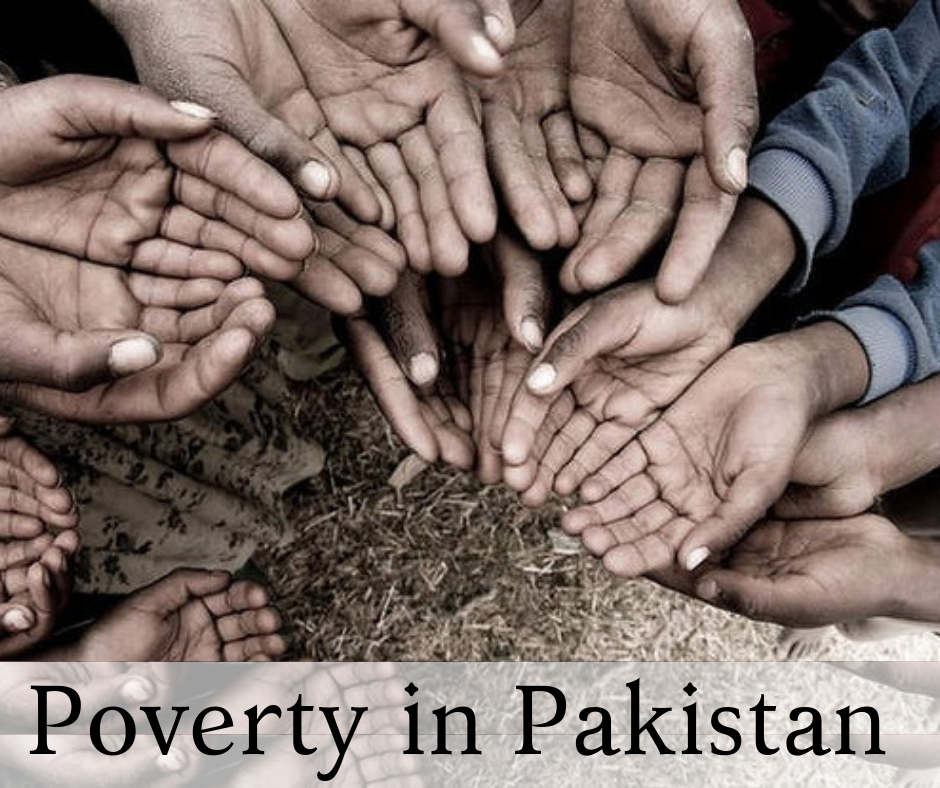Tahir Maqsood Chheena
Examining Pakistan’s Struggle with Poverty Alleviation and Governmental Priorities
A robust social protection system is critical for a country for several reasons. Firstly, it serves as a safety net for the most vulnerable members of society, providing assistance to those who are unable to support themselves due to factors such as poverty, unemployment, disability, or old age. By ensuring that these individuals and families have access to essential resources and support, social protection programs help prevent them from falling deeper into poverty and deprivation. Additionally, a well-designed social protection system contributes to social stability and cohesion by reducing inequality and addressing social disparities. This, in turn, fosters a more inclusive and equitable society. Moreover, such systems can also have positive macroeconomic effects by stimulating domestic demand and consumption, thereby contributing to overall economic growth. Overall, a comprehensive social protection system is essential for promoting human dignity, reducing inequality, and building a more resilient and sustainable society.
Pakistan is currently in the grip of a severe poverty crisis, with rates soaring to a staggering 40 per cent, a figure that places the nation on par with Sub-Saharan Africa. This urgent issue underscores the critical need for both domestic and international stakeholders to swiftly implement poverty alleviation measures that are not only suitable but also effective in combating this escalating crisis.
A noteworthy development in Pakistan’s recent interactions with the International Monetary Fund (IMF) since July 2019 is a significant shift on two fronts. While the primary goal remained focused on receiving balance of payment support, which entailed necessary fiscal adjustments and debt sustainability maintenance through the implementation of the FY 2024 budget, a secondary objective emerged — the protection of crucial social spending.
Pl subscribe to the YouTube channel of republicpolicy.com
Under the guidance of the IMF, the Pakistani government increased the Benazir Income Support Programme (BISP) allocation to 3500 rupees per month, up from the previous 2916 rupees per month. However, this hike proved insufficient in the face of the average inflation rate of 23.41 percent from July 2023 to June 2024, which was attributed to the IMF’s insistence on escalating electricity and gas tariffs to achieve full cost recovery. Furthermore, the 2024-25 budget, reportedly approved after IMF’s nod, foresees an increase in current expenditure and revenue, heavily reliant on indirect taxes, thereby intensifying the burden on the vulnerable population.
Another pivotal shift arose when the IMF discontinued its traditional role of catalyzing financial support from other donors and development partners in low-income countries, instead pressing Pakistan to independently seek assistance from bilateral and multilateral partners since 2019.
The Benazir Income Support Programme (BISP), launched in 2008 by the Zardari-led government, underwent initial challenges, including allegations of funds misallocation to loyalists rather than deserving recipients. However, under the leadership of Sania Nishtar, the program successfully established a national socio-economic registry, enabling accurate and periodic reassessment of beneficiary eligibility.
Three notable insights into the BISP program surface. The first underscores the genuine struggle of Pakistani administrations to allocate sufficient funds to address the burgeoning poverty levels due to resource constraints. The consistent increase in budgeted BISP allocations across three distinct national political parties since 2008 indicates a rare consensus and support for a robust program backed by donor assistance. This consensus and support demonstrate the recognition of the program’s potential to alleviate poverty and the commitment to its continued implementation.
However, the percentage allocation of BISP from the total current expenditure has shown minimal change, despite annual budget increments. In the 2023-24 fiscal year, the revised BISP estimates stood at 466 billion rupees, escalating to 592.483 billion rupees in the current year. Yet, the allocated percentage of current expenditure only marginally increased from 3.2 percent to 3.4 percent, accentuating the higher prioritization of other non-development expenditure items.
Furthermore, successive governments, irrespective of their political affiliations, implemented signature programs to garner political advantage, often leading to the abandonment of such initiatives in the event of a new administration. Notably, BISP emerged as an exception, established under an act of parliament, safeguarding it from substantial alterations by subsequent governments.
In addition to BISP, other political parties introduced signature initiatives such as the PTI’s Sehat Sahulat card scheme and PML-N’s subsidies for transport, hospitals, and educational facilities. Despite these efforts, the electoral success of these programs remains elusive, underscoring the crucial need for a more comprehensive approach to address Pakistan’s deep-rooted societal challenges.
In closing, the words of Martin Luther King resonate strongly, emphasizing that true compassion goes beyond mere charity and demands a fundamental restructuring of society to eliminate the factors that perpetuate poverty. This urgent call to action entails a reevaluation of existing priorities and flawed economic policies reflected in Pakistan’s 2024-25 budget, which continue to foster elite capture through skewed expenditure patterns and resource allocation.
















